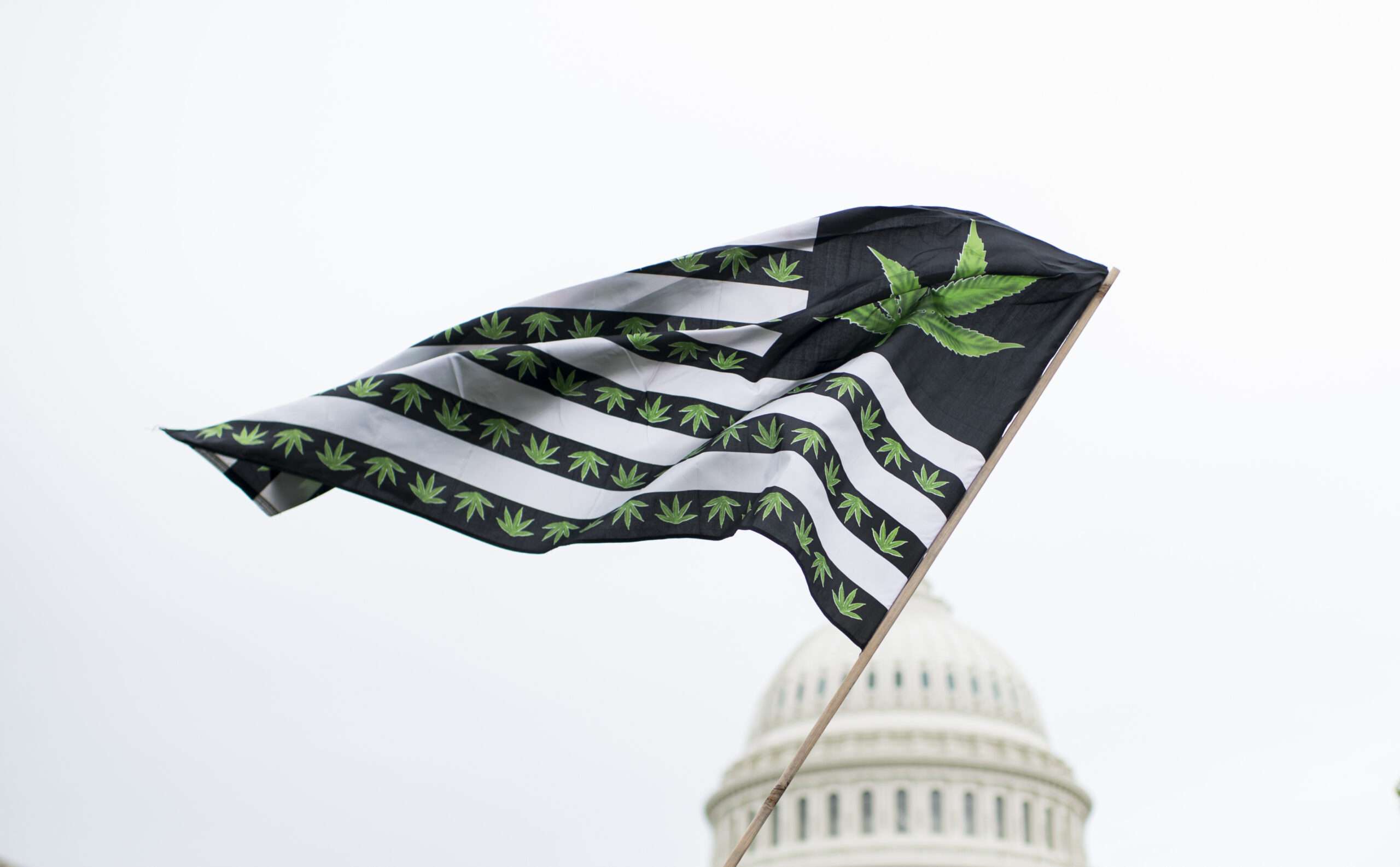Republicans sponsored 87 out of the 175 approved measures, while Democrats only sponsored 30. The remaining measures were either bi-partisan or without partisan sponsorship.
This year, states passed fewer election-related bills, with Republican trifecta states implementing new election laws nearly three times faster than Democrat counterparts.
This number is lower than the 207 bills passed by 33 states last year during the same period but higher than the 102 bills in 2022.
Republicans have sponsored 87 bills this year, compared to Democrats’ 30. This trend continues from 2023 and 2022, where more Republican-sponsored bills were passed. Thirty-five bills had bipartisan sponsorship, and 23 were introduced without partisan sponsorship.
Lawmakers from 14 states with Republican trifectas have passed 94 election-related bills this year, down from 142 in 2023.
Twelve states with Democratic trifectas approved 35 bills, up from 34 last year. Five states with divided governments enacted 46 new laws, up from 31.
Ballotpedia identified 2,865 active election-related bills in state legislatures. Municipal election procedures (298 bills) were the most common topic, followed by voter registration (273), ballot access for candidates (221), and in-person voting and polling places (195).
The report highlighted three key issues addressed by election bills—ranked-choice voting (RCV), private funding of election administration, and signature verification laws.
States like Arizona, Indiana, and Wisconsin already prohibit private funding for election administration and are now considering bills to enhance these bans.
Three states—Arizona, Indiana, and Washington—have implemented or expanded signature verification procedures for ballots.
On the other hand, Republican-controlled legislatures have been advancing bills to ban ranked-choice voting. Kentucky recently became the sixth state to ban RCV with HB44, and Oklahoma is awaiting Governor J. Kevin Stitt’s signature on HB3156.
Bills prohibiting RCV have made progress in six more states, five of which have Republican trifectas.
Out of all bills enacted this year, states with Republican trifectas accounted for 55.1%, Democratic trifectas 20.3%, and divided governments 24.7%.
There are 77 election bills that have passed both chambers but require the governor’s action, with 52 in Republican trifecta states.
Trump Supports Citizenship Requirement
Former President Donald Trump endorsed an election integrity bill introduced by Republicans this year.
Rep. Johnson stated, “We’re introducing legislation to mandate that every voter in a federal election must prove their American citizenship. Noncitizens would be removed from voter rolls.”
He emphasized the importance of preventing fraud and expects widespread Republican support for the bill.
The bill includes severe penalties for handling absentee ballots unlawfully.
In Wisconsin, a bill was passed requiring disclosure of artificial intelligence use in political campaign materials, with penalties for non-compliance.
Rep. Adam Neylon, the bill’s sponsor, emphasized the need for transparency in election communications.
While Republican states focus on enhancing election integrity, some Democrat states like California are taking different approaches.
Please rewrite this sentence.
Source link







